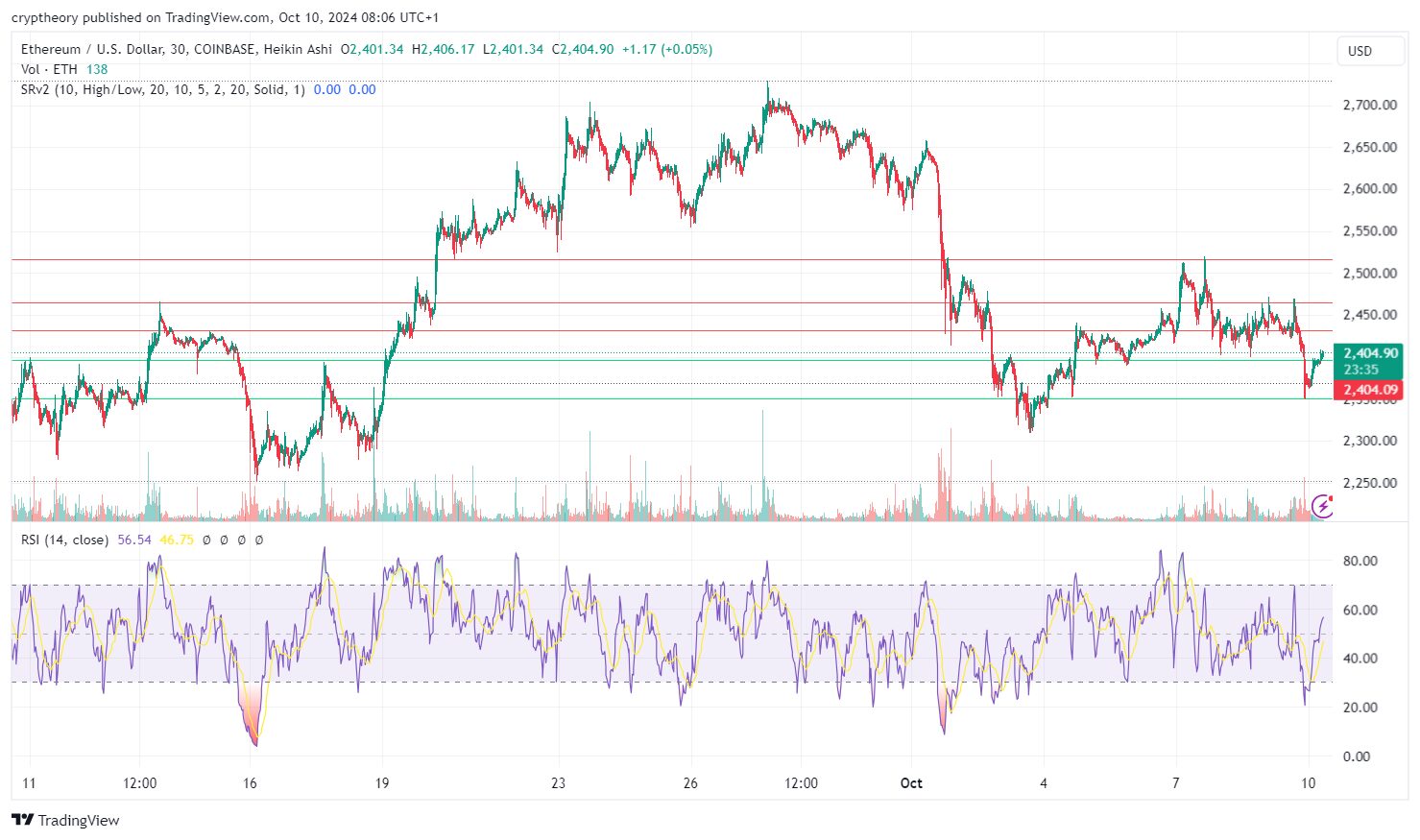
While many countries have made significant progress in their CBDC digital currency programs, the United States is still reluctant to step in.
US Federal Reserve Governor Christopher Waller said he was “very skeptical” that the country needed to develop its own central bank digital currency (CBDC). In comments prepared for delivery to the American Business Institute on August 5, the governor of the central bank stated:
“While the CBDC continues to generate enormous interest from many states, I remain skeptical that the Federal Reserve’s CBDC will solve any major problem facing the U.S. payment system.”
According to Bloomberg, Waller added that he saw no reason why the USD should no longer dominate the international payment system even if other countries began to use digital currencies for cross-border payments.
Conflicting views on the digital dollar
According to published remarks, the USA is still far behind other nations and some “of the above” still do not see the need to digitize the currency. There seem to be many conflicting views on the Federal Reserve Board. At the end of May, Federal Reserve Governor Lael Brainard offered a number of reasons for issuing and developing the digital dollar as soon as possible. In a speech to the Aspen Institute Economic Strategy Group at the end of July, she said:
“If you have other major jurisdictions in the world with a digital currency, not offered by the CBDC and the US, they can’t get their heads in the sand around this issue.”
In May, Federal Reserve Chairman Jerome Powell said the Fed’s board of directors would issue a document focusing on the risks and benefits of the CBDC. At the end of June, Randal Quarles, Vice-Chairman of the Supervisory Board, said that the digital currency “could pose significant and specific risks”, while its benefits are unclear. On the other hand, there is a large line of votes that In fact, the digital dollar could help the US economy pull off the mud of national debt and the trade deficit it has created.
Uncle Sam let the train go
It almost seems that Waller’s task is to fight the arguments in favor of the development of the digital dollar. He indicated that the current payment system was adequate and that “facilitating faster payments is not a compelling reason to create a CBDC”. He came up with an estimate that only a fraction of non-banks would be interested in CBDC, representing about 1% of American households.
Regarding China’s efforts to launch the digital yuan, which is much further than the rest of the world in its efforts, he added:
“I see no reason why I should expect the world to flock to the Chinese CBDC or anything else. Why would non-Chinese companies suddenly wish to have all their financial transactions monitored by the Chinese government? ”
Conclusion
Central Bank Digital Currencies (CBDC) are one of the key words this year and I assume next year as well. And though WallerI think the words of the CBDC still prevail, in my opinion the advantages of the CBDC still prevail, and I personally assume that sooner or later almost all states will jump on this wave.






















